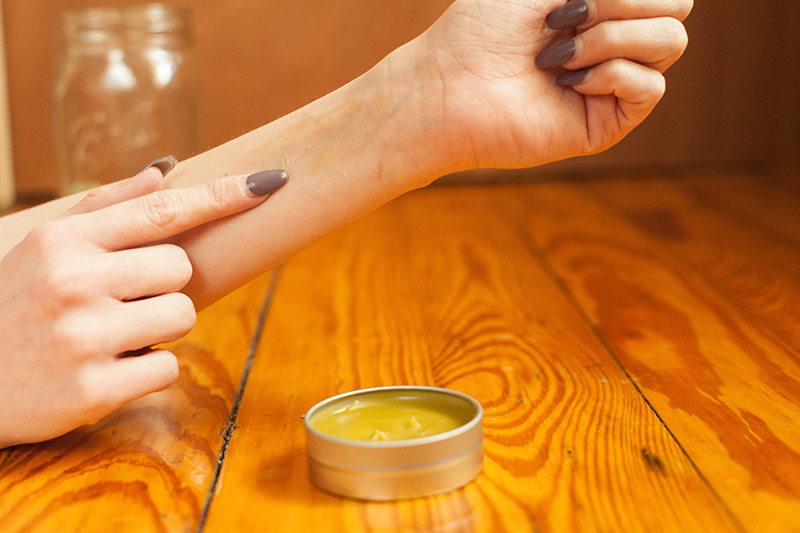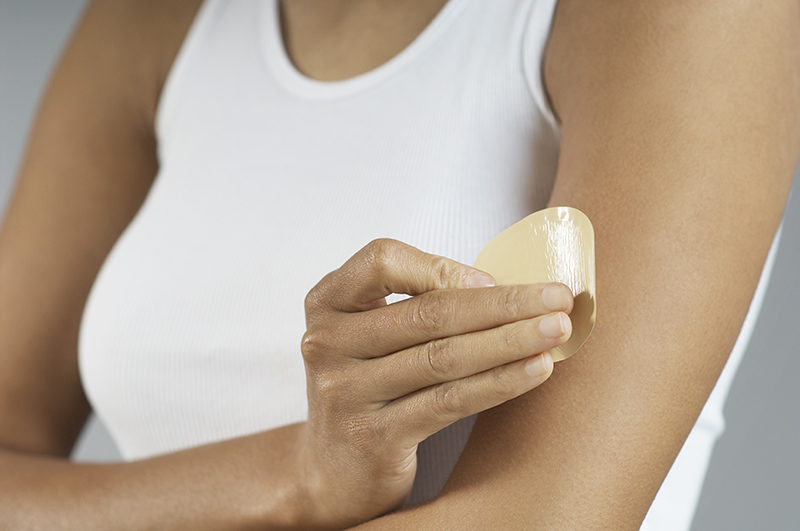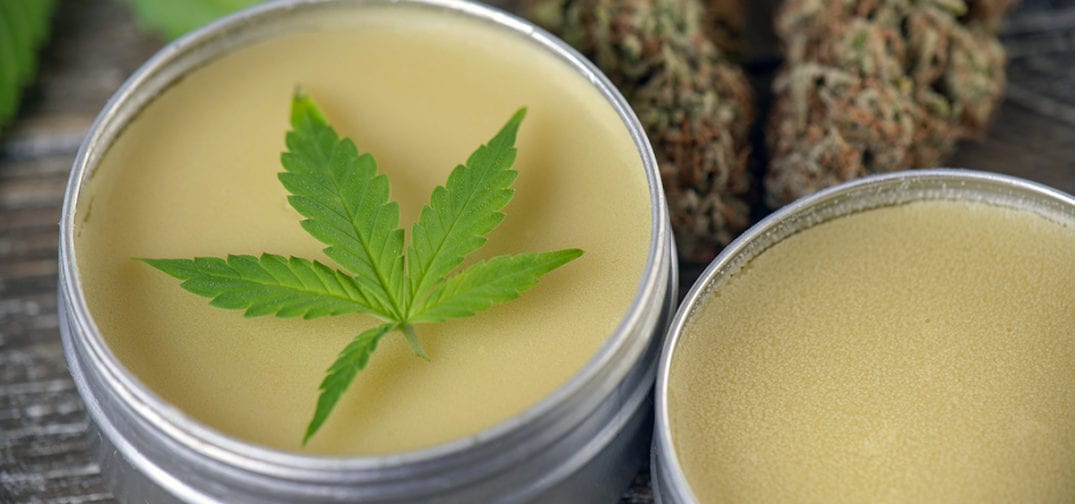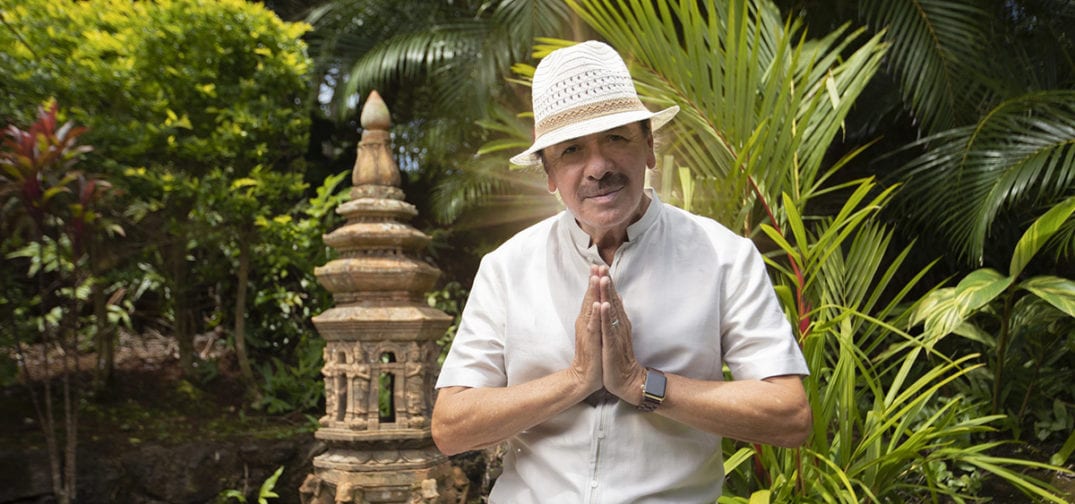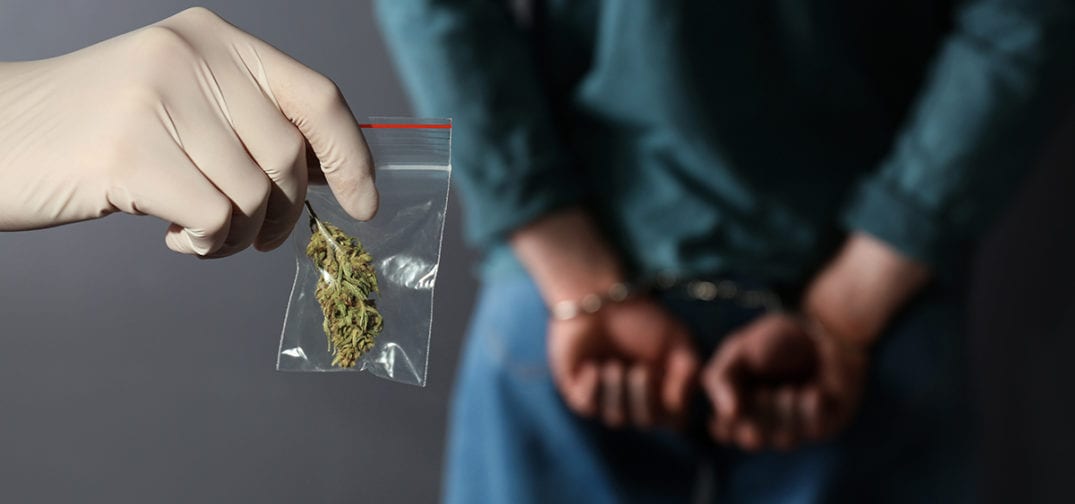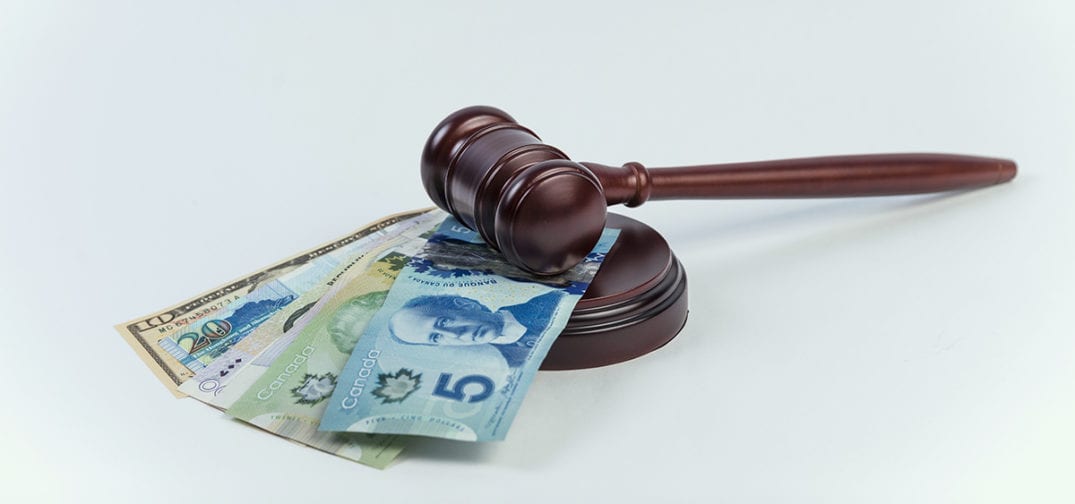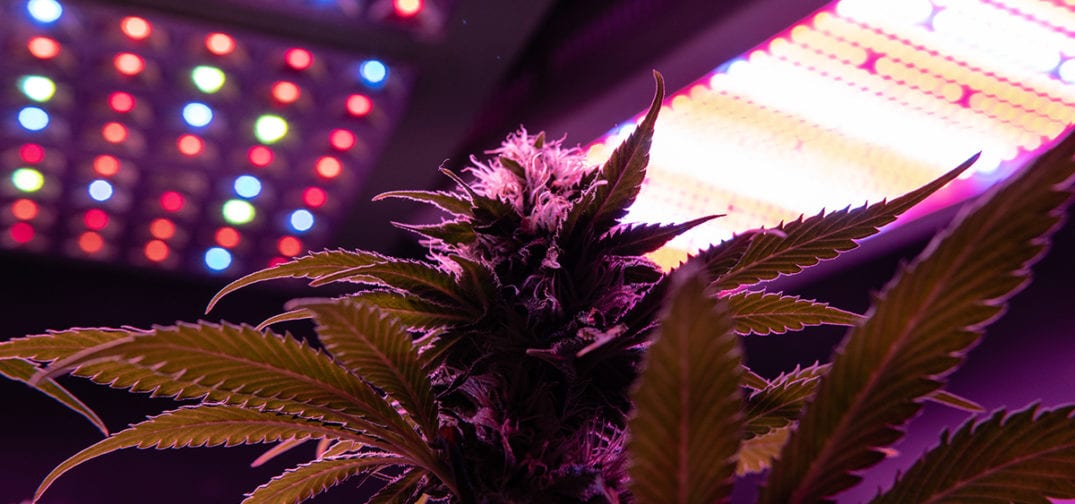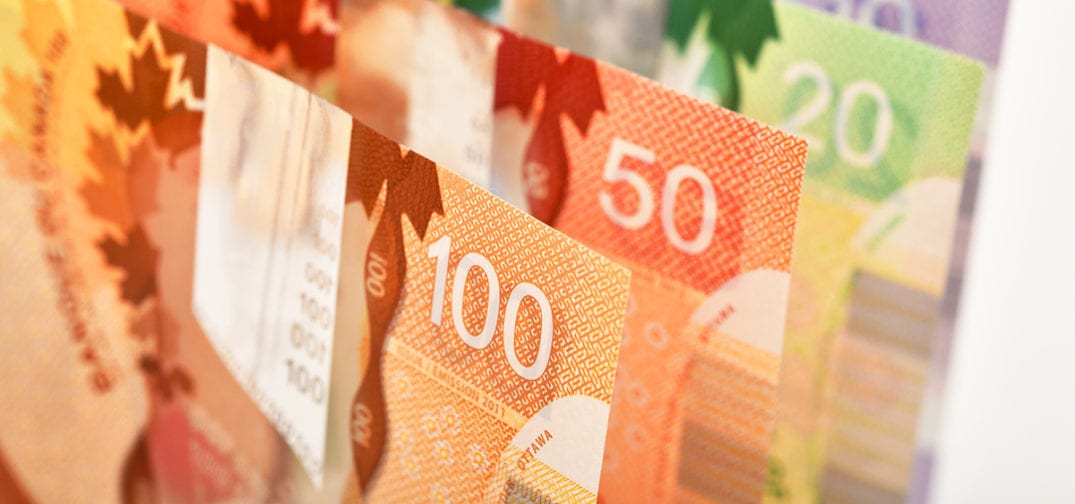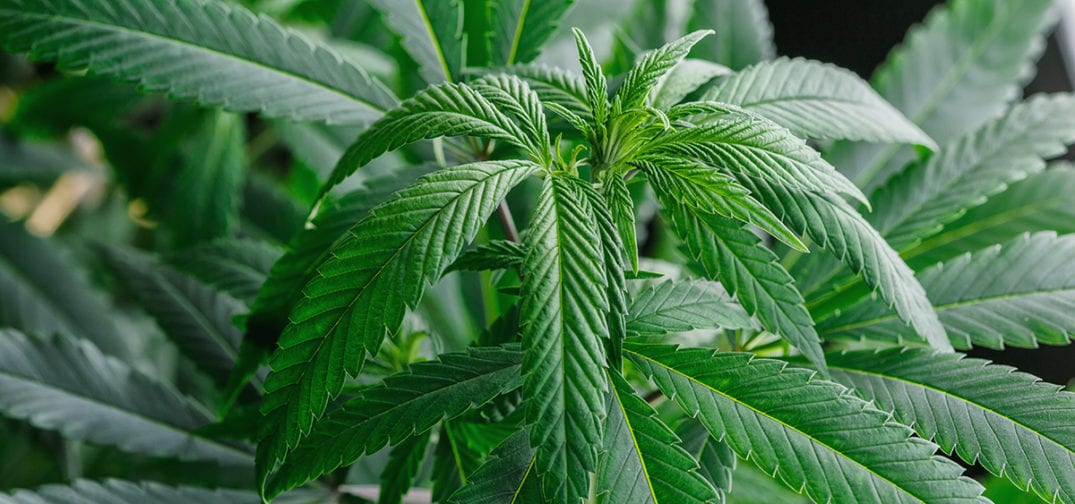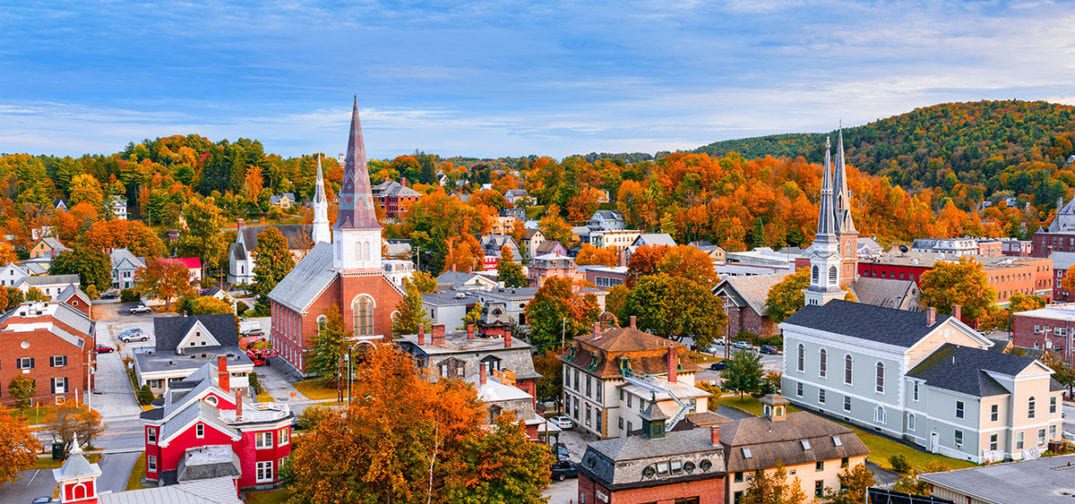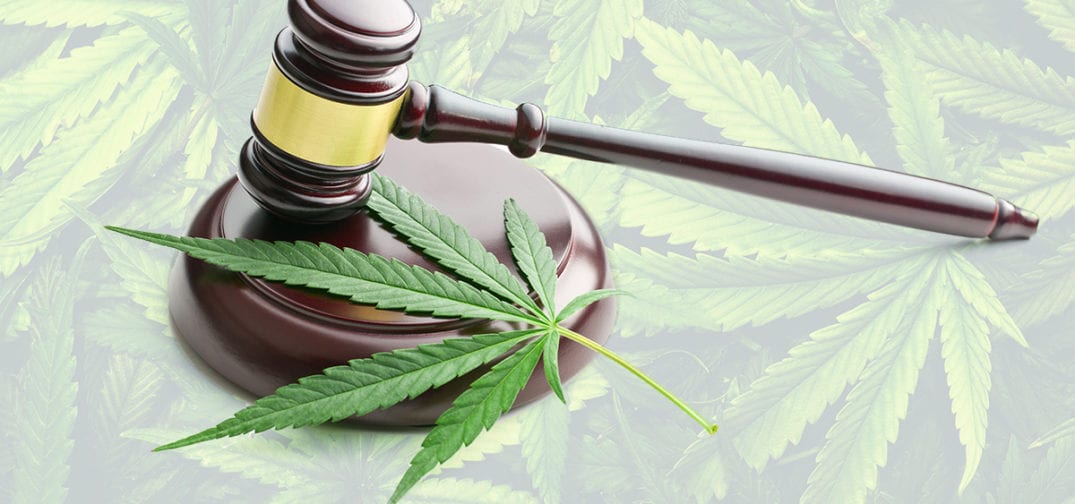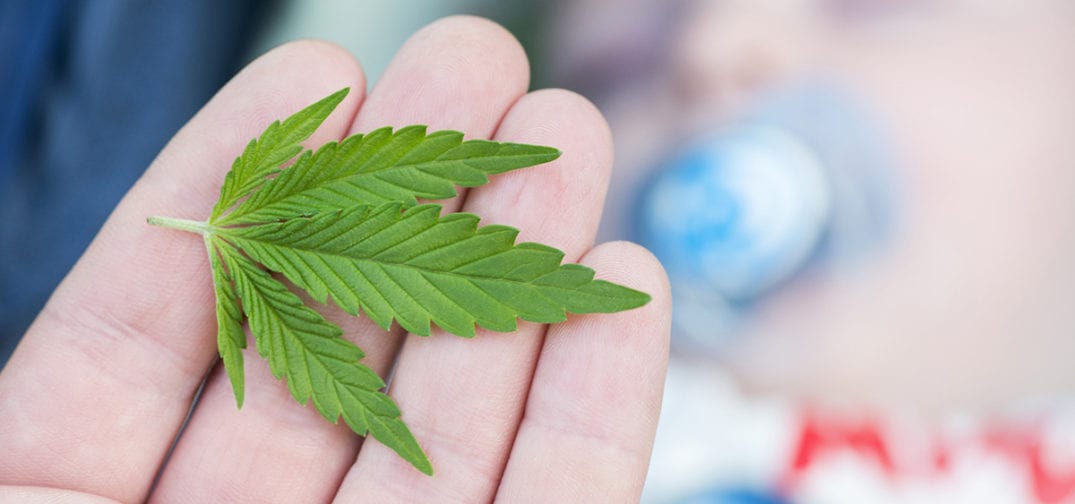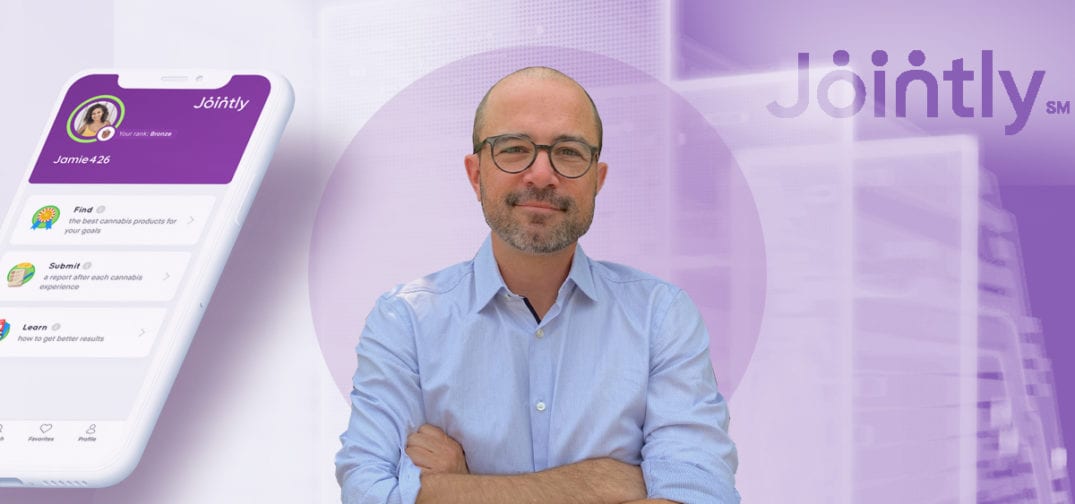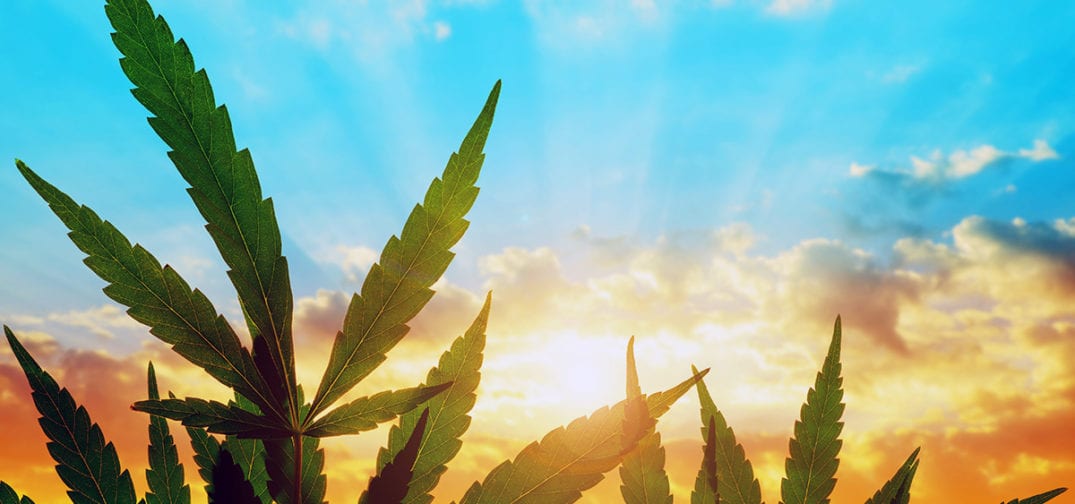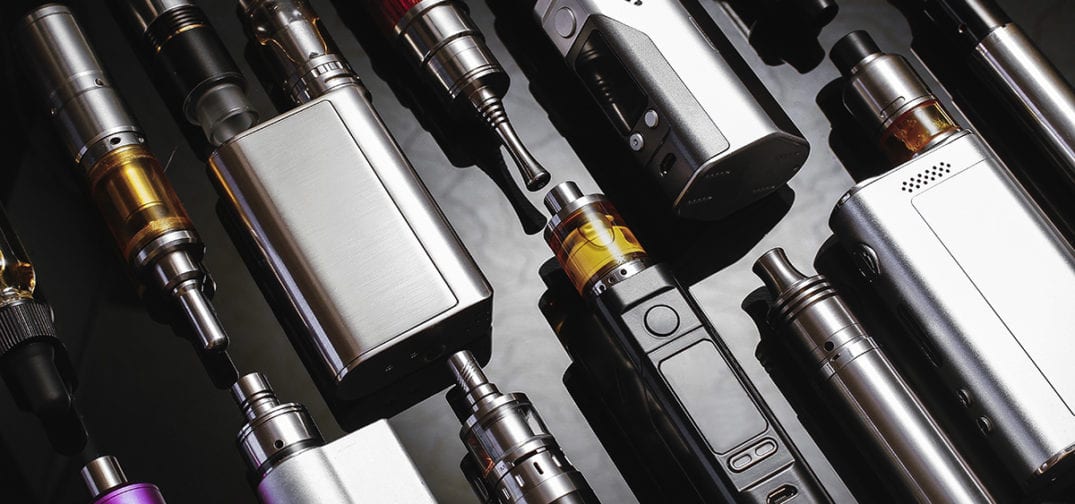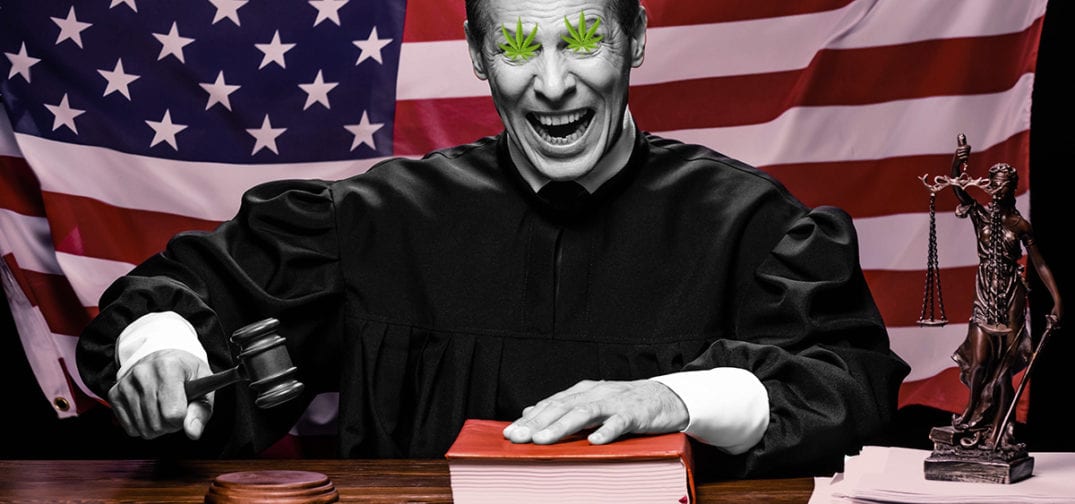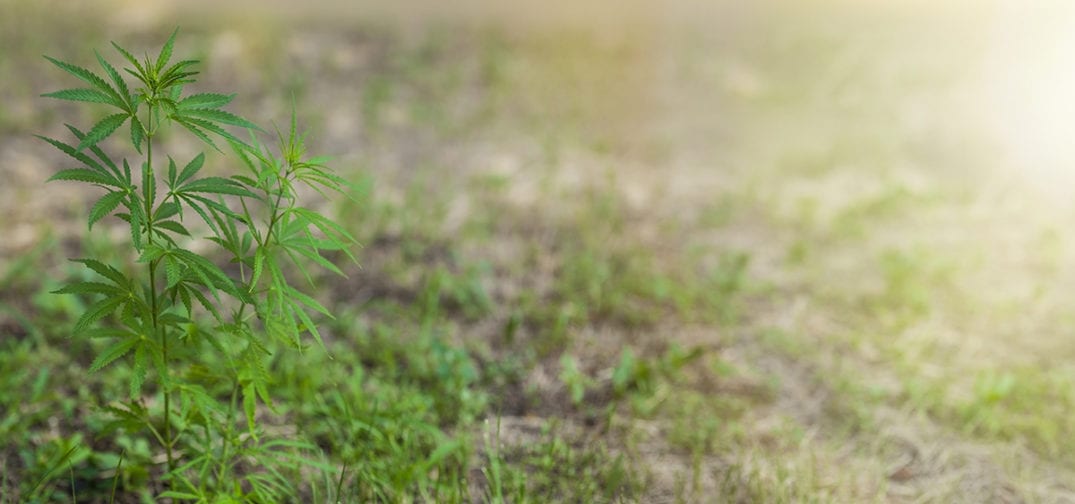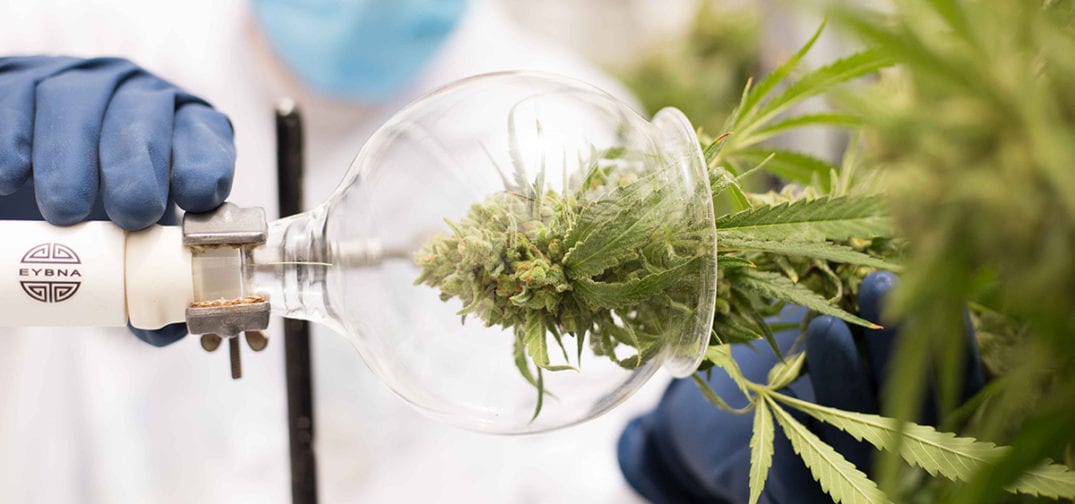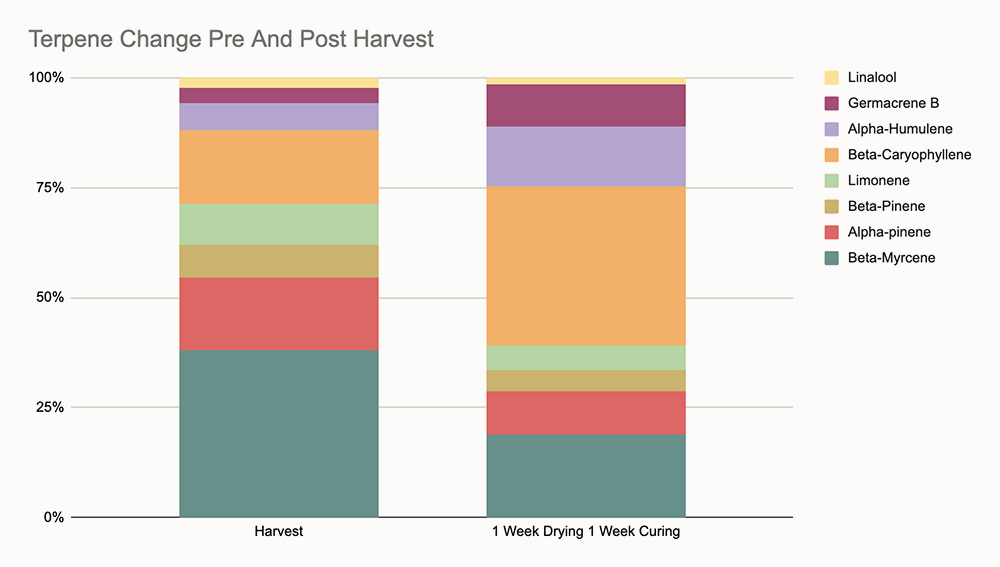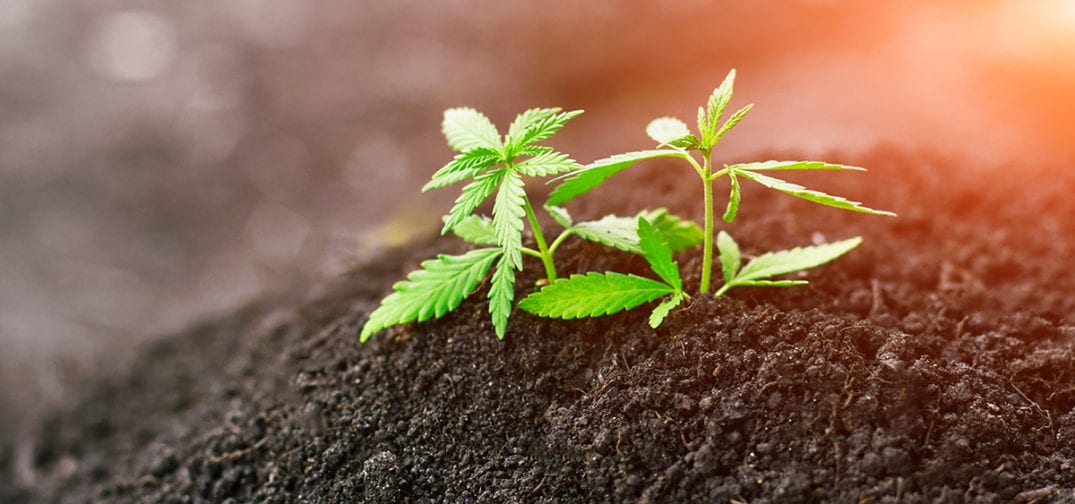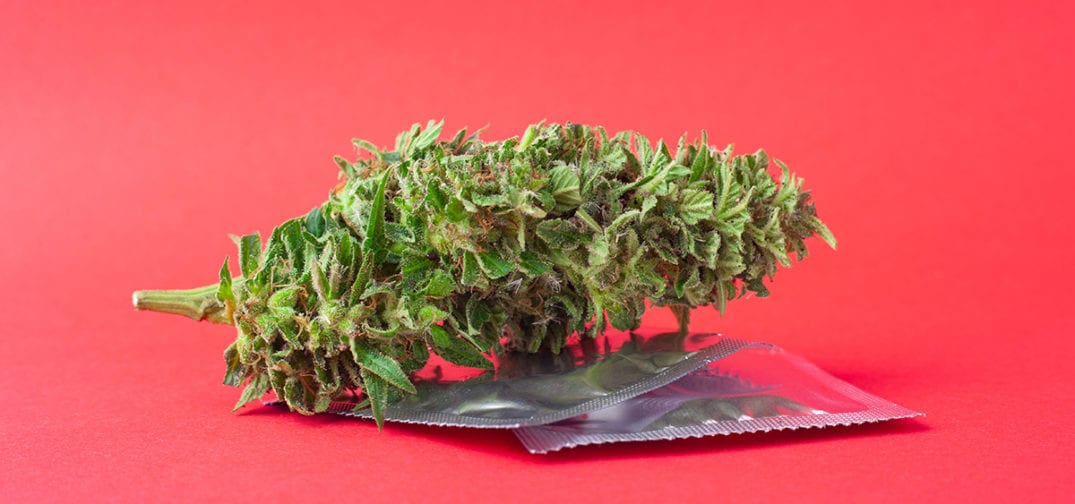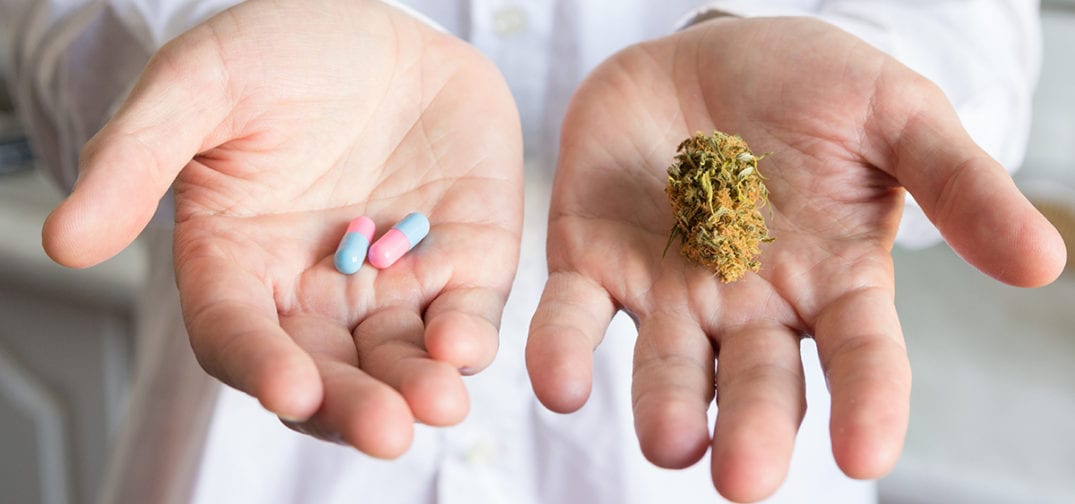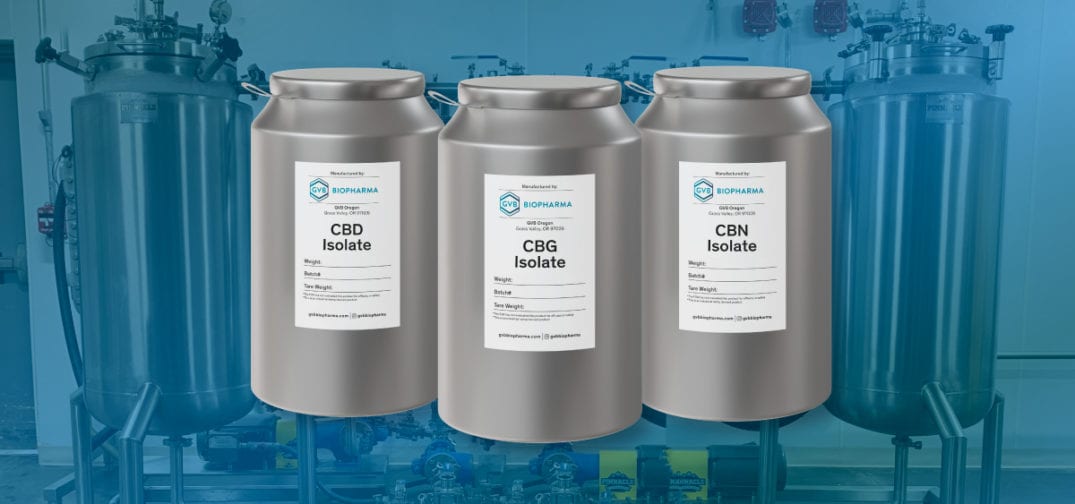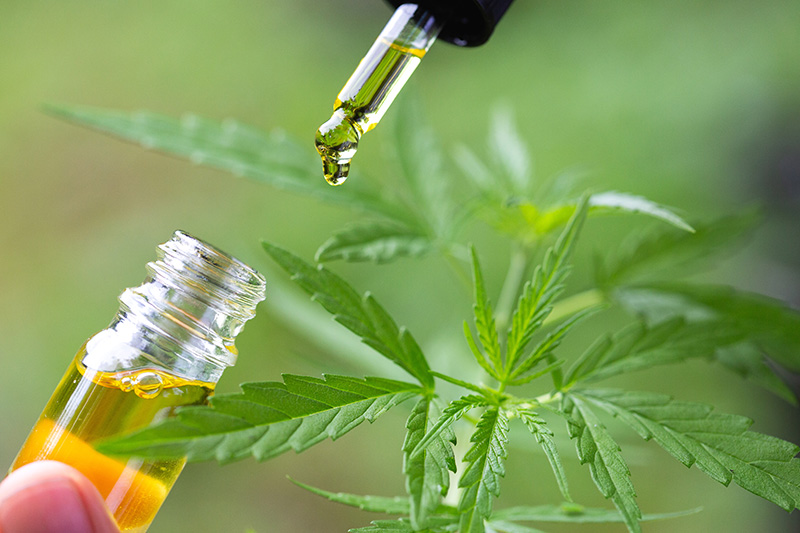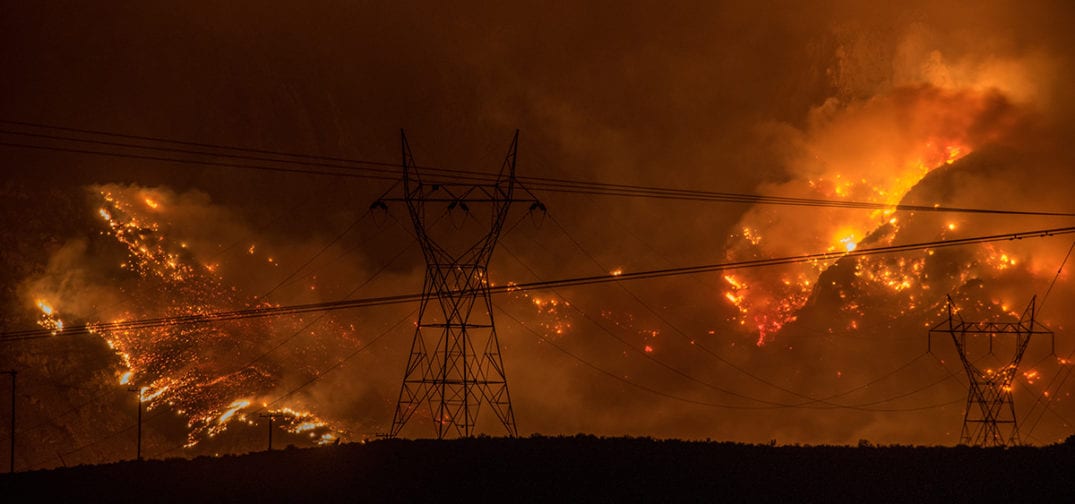One of the most interesting and exciting things about cannabis medicine is that, although it is one species of plant, there is an immense variety of different cultivars that result in different effects when consumed. The complexity becomes even more impressive when you consider all the different consumption methods that exist and the fact that one particular product may affect different people in completely different ways.
For consumers who are looking to use cannabis to help alleviate a specific condition or achieve a specific result, this reality can make the shopping experience unpredictable and at times disappointing. The fact is, as regulated cannabis markets have taken shape, the demand for knowledge about cannabis has significantly outpaced scientific research, and although there have been colloquially-established notions about which cultivars/cannabinoids/terpene profiles are helpful for certain conditions, finding reliable advice as an average consumer can be extremely difficult.
A recently-launched app named Jointly aims to change this, empowering cannabis consumers to build their own database of knowledge by recording their personal experiences. We recently connected with David Kooi, the CEO and Co-Founder of Jointly, for an interview about the company’s origin, purpose, and progress.
Ganjapreneur: You describe Jointly as “the tool that consumers need to get the results they want from cannabis and CBD.” Why do consumers need help shopping for cannabis and CBD, and what are some of the obstacles they face?
David Kooi: There are over 30,000 legal cannabis and CBD products in our database. If you tried one product each day, it would take you 92 years to try them all. We think that new cannabis consumers need a lot of help with the basics: How do you decide what to buy? How do you learn how to use it? How do you get consistent results?
We think of it this way: Cannabis is a medicine that can be used for many reasons. But do I take it on a full or empty stomach? With a glass of water? How much do I take? When do I take it? How long do I wait between doses?
Experienced cannabis users, while they often have their favorite flower strain or grower, are also faced with a dizzying array of new products from different brands. Plus, no one has a tool to help them really dial in their experience, other than trial-and-error and anecdotal advice.
The cannabis and CBD marketplace is evolving quickly with so many new products and new ingestion methods. You can eat it in increasingly delicious forms. You can put it under your tongue, put on a patch, lotion, smoke flower, smoke a pre-roll, or vaporize any number of different types of concentrates. If you’re a consumer, how do you know what to buy? And shouldn’t what I buy depend on my goals, and also the way my body specifically reacts to cannabis and CBD?
So, what is Jointly and how does it help solve these problems?
As market researchers are getting to know cannabis users a bit more, the stoner stereotype has fallen away pretty quickly. Most cannabis users, even “recreational users,” use cannabis with some sort of wellness goal in mind – improved sleep, relaxation, stress relief, anxiety reduction, etc. I think a lot of cannabis and CBD users already knew that, but now the rest of the country is waking up to that as well.
Jointly is an iPhone app, and it starts with your goal. Why do you use cannabis?
Each time you use cannabis, you use Jointly to report on the product you used, the dose, and other factors known or suspected to impact your experience.
Jointly examines 15 different factors that can impact your cannabis experience and shows you which are having the biggest impact on your experience. Then, Jointly suggests actions you can take to improve your results. It helps you determine which products are best helping you achieve your goals – and it helps you find better ones.
Jointly takes time to do its work for you. As you submit more and more reports, your own in-app Wellness Center begins to blossom. It’s in your Wellness Center where you can discover the levers you can pull to dial in your experience. We are also working on a new feature in the app that will let you track your progress over time, too, so that you can easily see how your cannabis experiences are improving with practice and refinement.
What is the goal of the Jointly app?
Ultimately, we want the cannabis and CBD consumer to be able to easily identify the products most likely to be effective for their goals.
We don’t think products should be chosen because they have the best packaging, the best marketing, a sleek billboard in the right part of town, or the right celebrity endorsement.
When a person is using cannabis and they discover that “Goldilocks” feeling that is just right – not too much, not too little – they want to know how to get back to that place and that feeling more often. The goal of Jointly is to help them achieve that in the healthiest and safest manner possible, minimizing the risk of unwanted side effects.
Another great aspect of Jointly: as we all submit reports in pursuit of our own wellness goals, the ratings we make on products accumulate. As those ratings accumulate, trends develop and become noticeable. In this way, Jointly becomes a great way for us all to identify the products and brands most likely to help with our goals.
As more and more people discover Jointly and use it, it’ll get better at answering questions like “What are the best chocolates to improve my sleep that are available in California?” or “Which tinctures in Florida are best to manage chronic back pain?” The fact that we can help provide good answers to these wellness questions is really exciting for us at Jointly.
What inspired you to create an app to help consumers dial in their experience with cannabis?
When cannabis was illegal and the only accessible option was to smoke flower, I wasn’t into it. Plus I grew up in the 80s with the stigma fully ingrained into my childhood. When legalization came to California, I started to learn about all the many other ways you can enjoy it besides smoking. I also started to learn and experience how varying the effects can be.
I suffer from some anxiety. Not too severe, thankfully, but enough to cause me to lose sleep and sometimes to be uncomfortable in social situations. Like so many Americans, I thought people smoked weed to get high. But I was wrong. I honestly didn’t realize how much anxiety I had until I felt what it was like not to have it. When I started using cannabis under California’s medical program, I had an easier time relaxing in the evening and an easier time getting to sleep at night.
As I got to know cannabis a little better, I wished I had discovered it sooner. I was more relaxed, I was sleeping better, I no longer took Advil for my sore knees and back. It was easier for me to be around people, and I found that if I ate just a small amount of cannabis in the morning, it also really helped me focus and stimulate my creativity.
But getting to know how cannabis could help me was also a frustrating process. The feelings that cannabis gave me varied. The results varied. Two gummies from the same pack could cause an entirely different experience. It didn’t seem entirely correlated with the product I was using or the dose I was taking, and I wanted to know why.
I saw many new brands marketing and advertising their products based on the effect they produce – better sleep, bliss, relaxation, etc. And I like that idea. It makes cannabis more accessible to everyone – and connects it better with the problems it can solve. But how do we as consumers know if the products deliver on their promises? And how do we identify the good ones from the bad ones? And what’s with the inconsistent results?
I started to learn. I read what the experts had to say about strains and terpenes and cannabinoids. I asked budtenders and nurses and doctors. I read books. With the help and guidance of those experts, I learned there are at least 15 factors that are known or suspected to influence your cannabis experience:
- Your own unique cannabinoid system
- Your goals
- The product you choose
- The type of product
- How much you take
- The device you use (if you smoke it)
- How long you wait between doses
- Your hydration level
- How full your stomach is
- Whether you have exercised that day (and the type of exercise)
- How much sleep you had the night before
- The quality of your diet
- Whether you have consumed any companion foods – tea, mango, dark chocolate, etc.
- The setting you are in
- The people you are with
So, I built myself a simple tool to help me figure it out. I began to track my usage in light of those 15 factors – and see how the quality of my experience was impacted by the various factors. And it was a fun process because, after all, I was consuming cannabis the whole time.
And you know what? It worked. Patterns began to emerge in the data. And while you have to be very careful about correlation and causation, I found the knobs I could turn to improve my experience and get the feeling I wanted more often and more consistently, and with a smaller dose, which was exciting to me because of the wellness benefit.
Then, I had a few friends try the tool. And it worked for them, too, but their answers were different. The knobs they found to turn to improve their experience weren’t necessarily the same as mine. Some were, but some were different. Why? We think it’s because their goals are different. And it’s because their bodies and brains are different, too.
You hear the experts talk about how everyone has a different endocannabinoid system and that’s part of why we each experience cannabis differently. I think they’re on to something. We’re already seeing it, too, with the early adopters of the Jointly app. People really do experience this plant differently – so each person needs to work to dial in their own experience.
What has the reaction been from consumers who use the app?
We’re just getting started with the public launch, but the early signs are positive.
The app has been popular, in particular, with cannabis nurses, doctors, and budtenders. We’re happy to see that. We got a lot of their input in the design of the app, so it’s good to hear we’re hitting the target or at least close to it.
I was speaking with a cannabis nurse last week who is having her patients download and use Jointly in conjunction with their prescribed cannabis. She told me that, “Jointly helps my patients learn how to take their medicine.” – and that’s about the best feedback we could receive at this point.
What do manufacturers and product brands think of Jointly? Are they open to the idea of a product recommendation system that is built on user data?
The brands that are excited about Jointly are the ones who know their products are better, but have been struggling to find the right way to let everyone know. They’re interested in working with us to improve their products and their marketing. They’re excited about potential new ways to engage with their customers and get feedback after the sale – something that’s hard for them to do right now.
We are talking with a vape oil manufacturer who wants to put out three different products– all based on different strains/formulations they believe will help their customers get a better night’s rest. They want to ask their customers to use Jointly to report on the effectiveness of each product. And then be able to analyze the data to understand if one of the three is best, or if different products are better for different segments of the market, or if there are best practices they can recommend to their customers for getting the best results. We think there are a lot of fun possibilities like this that we could pursue with growers and manufacturers.
How does Jointly interface with retailers and dispensaries?
After a Jointly user identifies a product that might work well for their goals – the next thing they want to know is where to buy it. We are building tools to interface with the most common cannabis point of sale software providers so that we can partner with stores and show their available inventory in Jointly.
By connecting a store’s inventory to the Jointly ratings database, stores will be able to quickly and easily recommend the best products in their store for their customers’ goals, help introduce their customers to new products and ingestion methods, and help put them on an iterative wellness journey that will help turn them into loyal, repeat customers.
We know a lot of store owners are really passionate about helping people with cannabis. Jointly is a tool that helps their customers get the most from the products they are selling. So, we share common goals.
How did you generate the database of products that Jointly maintains?
We knew that for Jointly to be a success, we needed to start with a comprehensive and accurate database of products. If you are a Jointly user ready to begin your first report, we want the product to be in the database ready and waiting for you. If it’s not – you can let us know and we’ll add it in 24 hours (if it’s a legal product). But it’s obviously a better experience if the product is already there waiting for you.
We searched around in the industry to see if there was a database of brands and products we could buy or rent access to. But we couldn’t find one. We looked at a couple options, but none were good enough. Too many missing products, missing attributes, incorrect information, and obsolete information.
We realized we needed to make our own – and it’s been no small undertaking. We’re up to 1,131 brands and 33,503 products at last count. And we’re still working on it. And that says something about the choices that consumers are faced with today. How do you choose when there are so many?
What are you going to do with all that data on product usage?
Well, first let me say that we’ve worked with the best of the best to make sure the data is secure and that personally identifiable information won’t and can’t be shared. Jointly users can use the app with confidence.
What we’re most excited about with the data is in paying it back to the community with really interesting, engaging cannabis content that is based on data and real life experiences. As the size and statistical significance of our data set increases, expect to see more of that from Jointly. Imagine an article about how the level of food in your stomach affects your cannabis experience, broken down by dose and by goal. Imagine knowing which strains are working best for anxiety reduction, broken down by dose and ingestion method – all based on authentic user experiences.
How does Jointly make money?
For now, it doesn’t. We are focused on building the best possible experience for our users. Our hope and plan is that the brands and stores will find value in what we’ve created for consumers, and the ways we can help them be more successful in their businesses. The early signs are good – and that’s encouraging because we think that Jointly can help a lot of people feel better. And I think we all need a little bit of that right now.
Thanks, David, for answering our questions and sharing your journey! You can learn more at JointlyBetter.com or click here to download the iPhone app and get started.
